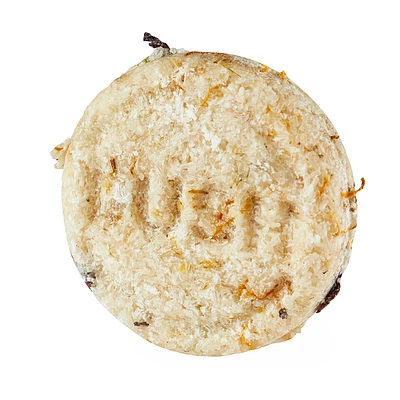Home
Rise and Float: Poems
Barnes and Noble
Rise and Float: Poems
Current price: $16.00


Barnes and Noble
Rise and Float: Poems
Current price: $16.00
Size: Paperback
Loading Inventory...
*Product information may vary - to confirm product availability, pricing, shipping and return information please contact Barnes and Noble
Chosen by Randall Mann as a winner of the Jake Adam York Prize, Brian Tierney’s
Rise and Float
depicts the journey of a poet working—remarkably, miraculously—to make our most profound, private wounds visible on the page.
With the “corpse of Frost” under his heel, Tierney reckons with a life that resists poetic rendition. The transgenerational impact of mental illness, a struggle with disordered eating, a father’s death from cancer, the loss of loved ones to addiction and suicide—all of these compound to “month after / month” and “dream / after dream” of struck-through lines. Still, Tierney commands poetry’s cathartic potential through searing images: wallpaper peeling like “wrist skin when a grater slips,” a “laugh as good as a scream,” pears as hard as a tumor. These poems commune with their ghosts not to overcome, but to release.
The course of
is not straightforward. Where one poem gently confesses to “trying, these days, to believe again / in people,” another concedes that “defeat / sometimes is defeat / without purpose.” Look: the chair is just a chair.” But therein lies the beauty of this collection: in the proximity (and occasional overlap) of these voices, we see something alluringly, openly human. Between a boy “torn open” by dogs and a suicide, “two beautiful teenagers are kissing.” Between screams, something intimate—hope, however difficult it may be.
Rise and Float
depicts the journey of a poet working—remarkably, miraculously—to make our most profound, private wounds visible on the page.
With the “corpse of Frost” under his heel, Tierney reckons with a life that resists poetic rendition. The transgenerational impact of mental illness, a struggle with disordered eating, a father’s death from cancer, the loss of loved ones to addiction and suicide—all of these compound to “month after / month” and “dream / after dream” of struck-through lines. Still, Tierney commands poetry’s cathartic potential through searing images: wallpaper peeling like “wrist skin when a grater slips,” a “laugh as good as a scream,” pears as hard as a tumor. These poems commune with their ghosts not to overcome, but to release.
The course of
is not straightforward. Where one poem gently confesses to “trying, these days, to believe again / in people,” another concedes that “defeat / sometimes is defeat / without purpose.” Look: the chair is just a chair.” But therein lies the beauty of this collection: in the proximity (and occasional overlap) of these voices, we see something alluringly, openly human. Between a boy “torn open” by dogs and a suicide, “two beautiful teenagers are kissing.” Between screams, something intimate—hope, however difficult it may be.


















